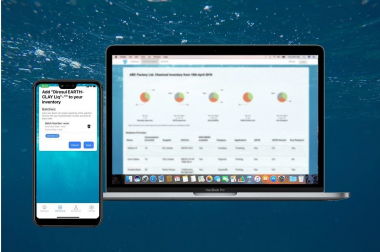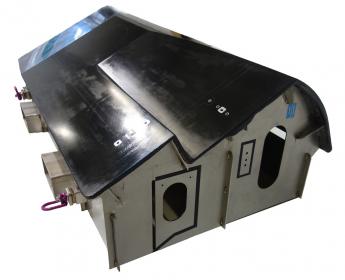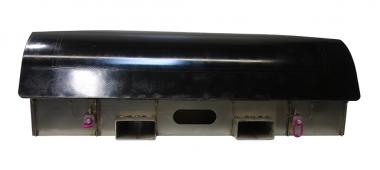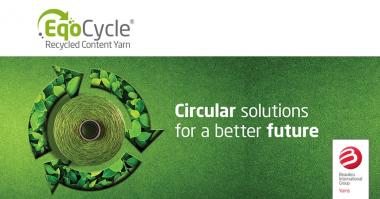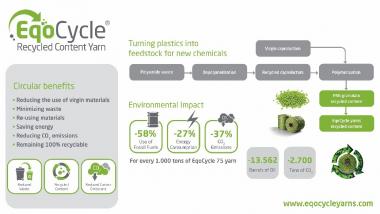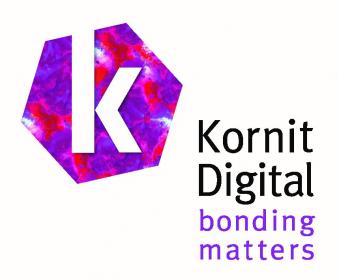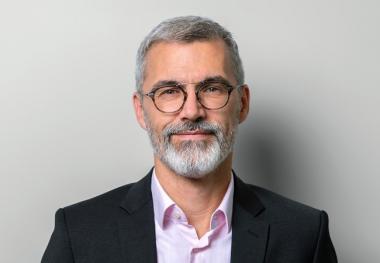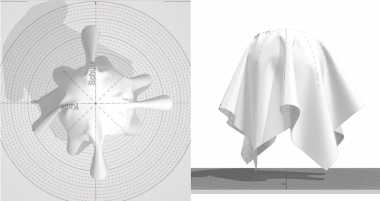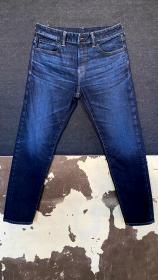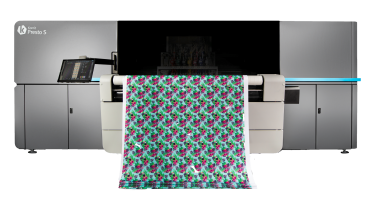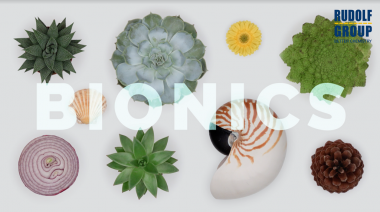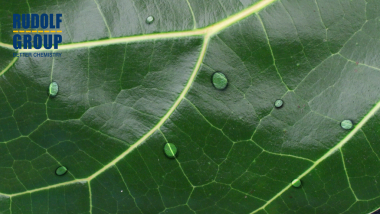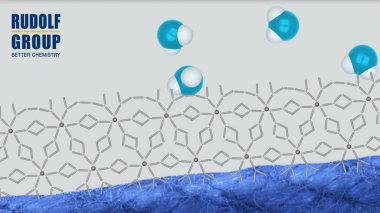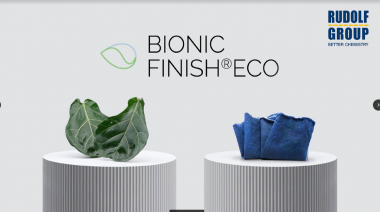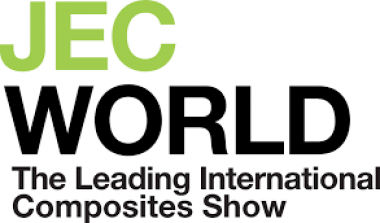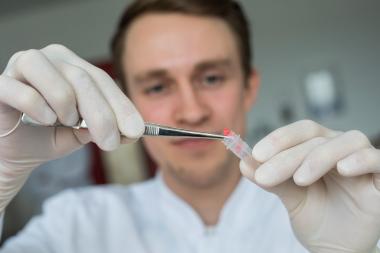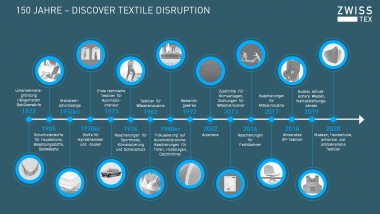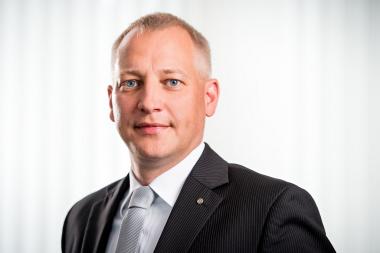Archroma becomes The BHive® partner for Chemical Compliance and Management
Archroma, a global leader in specialty chemicals towards sustainable solutions, announced that it has become a The BHive® partner to help foster chemical compliance and management across the textile supply chain.
The BHive® is an innovative digital chemical management platform that provides at-a-glance information about chemical products to its users. It was developed by GoBlu International Ltd. to allow manufacturing facilities to easily create digital inventories of the chemical products used onsite using a smartphone. They can identify in a matter of seconds which products meet sustainability requirements of their brand and retail customers, who they can share this information with as well. This enables brands and retailers to achieve full transparency about the chemical use in their global supply chain. Now, over 30 international fashion brands and 500 factories are partnered with The BHive® to drive sustainable chemistry in the textile and fashion industry.
More than 2000 Archroma chemical products and dyes are now included in The BHive® database.
The company has been very active in the past few years in developing solution systems and innovations in line with the 3 pillars of 'The Archroma Way to a Sustainable World: Safe, efficient, enhanced. It’s our nature'.
Paul Cowell, Head of Archroma’s Competence Centers for Brand & Performance Textile Specialties, explains: "With the pandemic crisis, textile manufacturers are experiencing numerous logistic bottlenecks and challenges. With The BHive®, our partners have now an additional access path to the information about chemical usage and compliance for the Archroma products they keep at their facilities."
EMG


